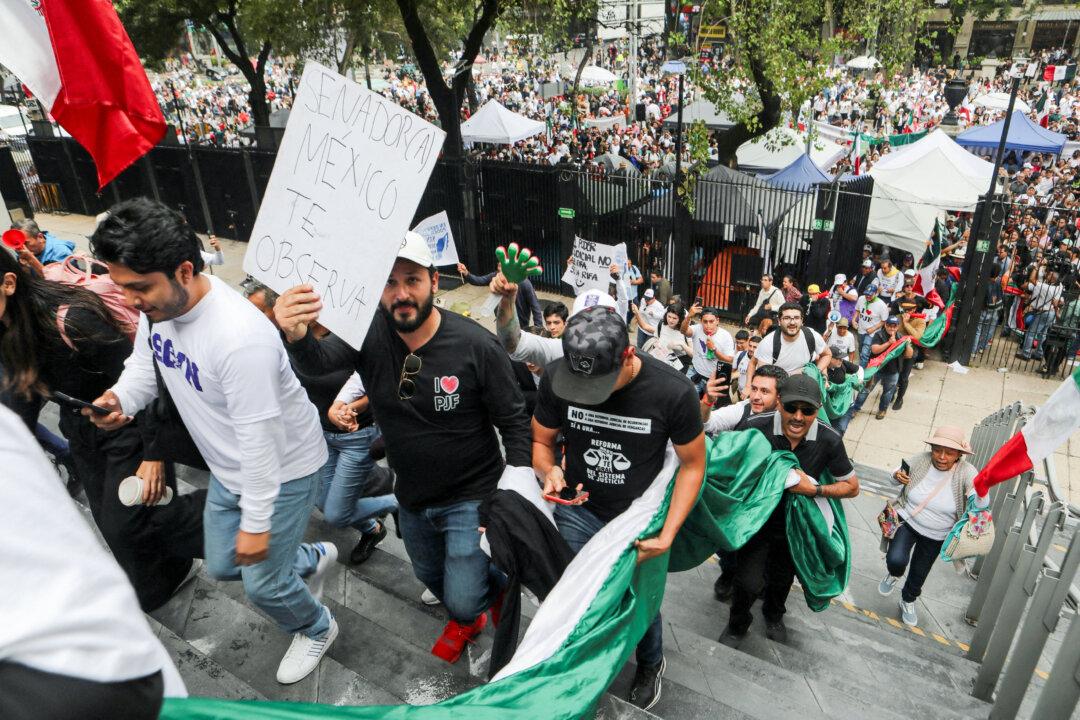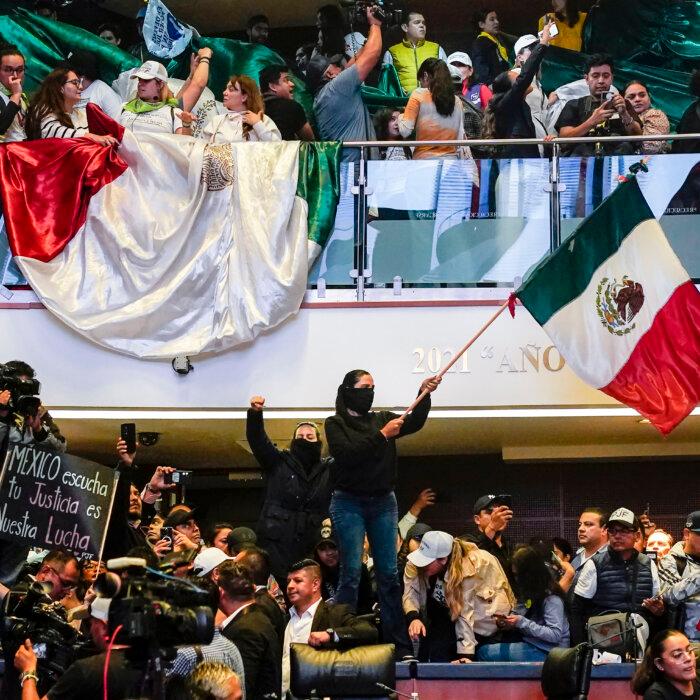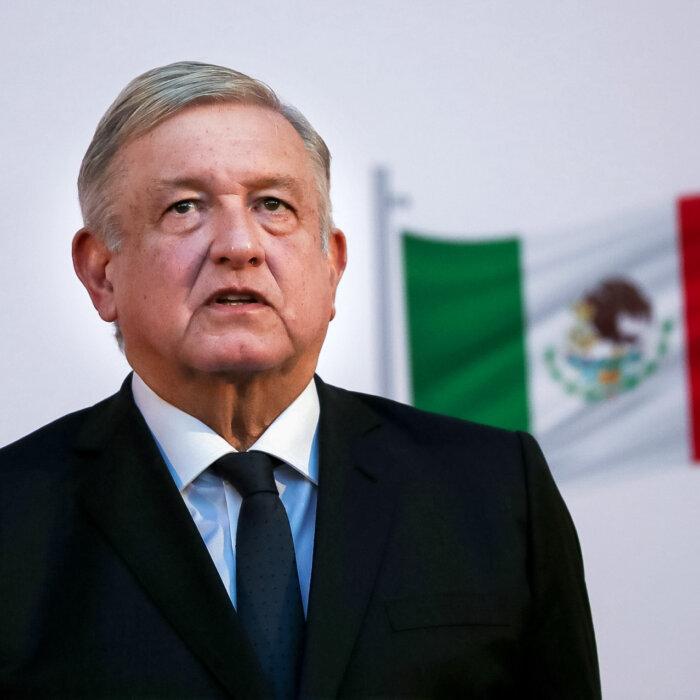Mexico’s controversial judicial reforms, which will subject 7,000 judges to the popular vote, have officially taken effect after President Andres Manuel Lopez Obrador signed the constitutional changes on Sunday.
López Obrador signed the decree, amending the constitution, while sitting next to his successor, Claudia Sheinbaum, in a video posted on social media
He has said the reforms would create a more just and transparent judiciary, amid growing corruption often linked to Mexico’s powerful narcotics cartels.
During a press conference on Sept. 11, López Obrador said: “It’s incredibly important to put an end to corruption and impunity. We are going to move forward in Mexico, and we are going to set an example for the world.”
The reform was approved by Congress, in which the ruling Morena Party has a majority, and in state legislatures earlier this month.
Last week the Mexican Senate passed the reforms by 86–41, narrowly exceeding the necessary two-thirds majority after a Miguel Ángel Yunes Márquez, a senator from the conservative National Action Party (PAN), took leave due to health issues and was replaced by his 71-year-old father, Miguel Ángel Yunes Linares, who duly voted for the proposal.
The passing of the reforms means that next June the first of two tranches of elections will take place for federal judges, including Supreme Court justices.
She said it looked like a body, “designed to catch any sign of independence and act upon it.”
‘Chilling Effect’
“It will have a permanent ‘chilling effect’ on independent decision-making,” she added.Sinaloa Cartel Civil War
The judicial reforms take effect as authorities in the state of Sinaloa are struggling to cope with an apparent civil war which has broken out in the powerful cartel formerly led by Joaquin Guzman, better known as El Chapo.There have been at least 19 killings in the state in the last week, as two rival factions within the Sinaloa cartel appear to have gone to war.
El Chapo is serving a life sentence in the United States but cartel members loyal to Ismael “El Mayo” Zambada, appear to have gone to war with the rival El Chapitos, who are run by Guzman’s sons.
It follows the alleged betrayal, in July, of El Mayo to the U.S. authorities by Joaquin Guzman Lopez, one of El Chapo’s sons.
The Sinaloa cartel is one of the narcotics trafficking organizations which has been accused of corrupting judges in Mexico, leading to the alleged need for the judicial reforms.







